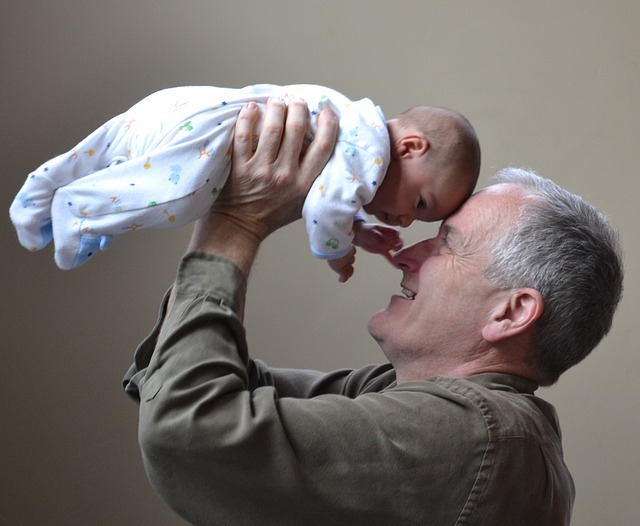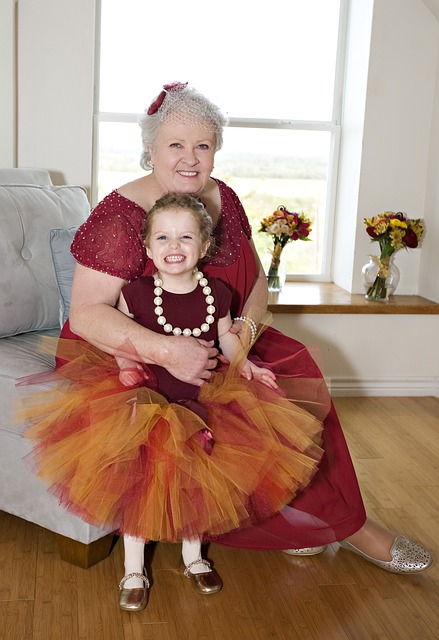
How children respond to death and grieve will determine how they handle such losses in the future as well. How much and how they grieve will also depend on the relationship proximity they shared with their grandparent. Children often tend to be extremely close to their grandparents during their childhood as they act as secondary, if not primary caregivers. Therefore, losing them can be a big blow for a child.
The following tips might help you support your child as they cope with the loss of heir grandparent –
- Answer their questions honestly and maintain consistency.
- Avoid using euphemisms. Use simple language.
- Provide the platform to express themselves freely. Listen and accept their feelings. Comfort them.
- Give them the time and space they need to grieve. Understand that some children may grieve way after the death has occurred.
- Try not to put the entire onus of death on old age as this might instill a fear in the child about losing everyone who is turning old.
- Ensure that the child does not feel that they are to be blamed for the death in any way. Tell them that death is a natural part of life and not a form of punishment.

Dr Prerna Kohli India’s Top Psychologist Talks about Helping your Children Cope with the Death of a Grandparent - Create a ritual or ceremony that helps the child remember and preserve their good memories.

